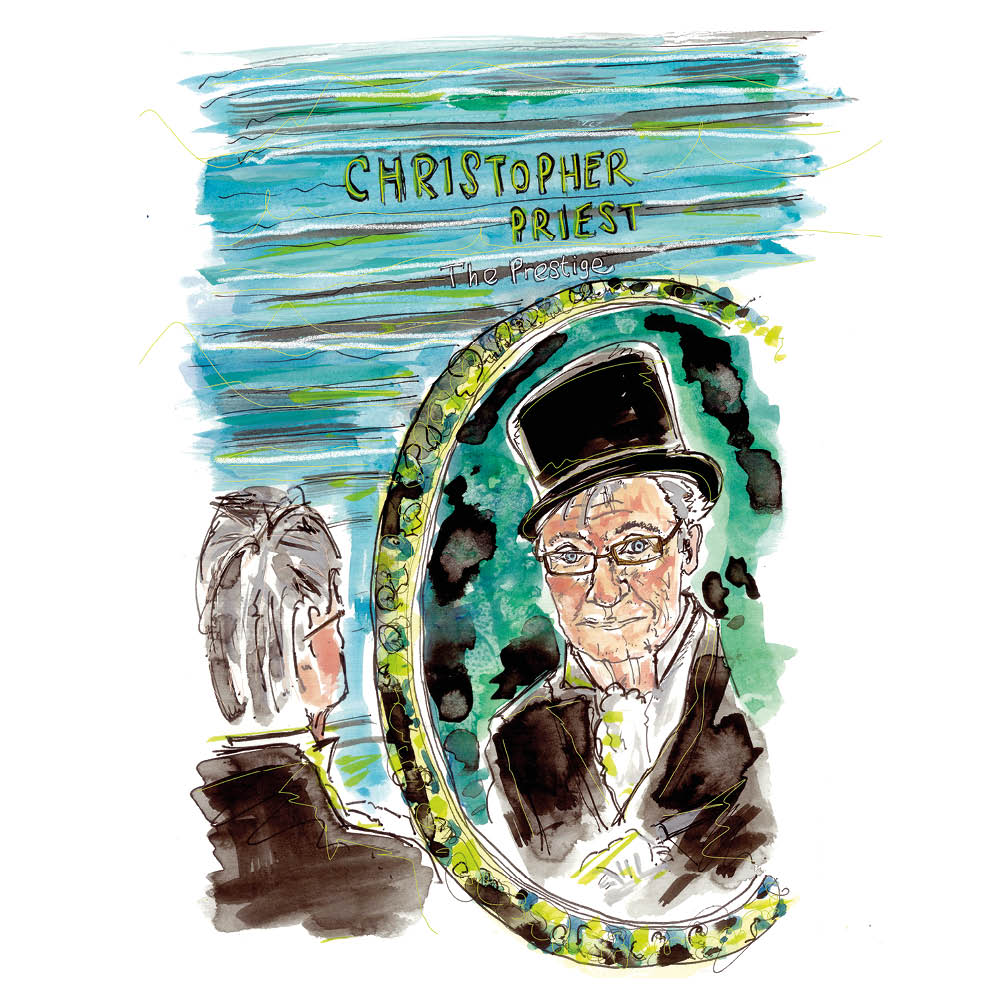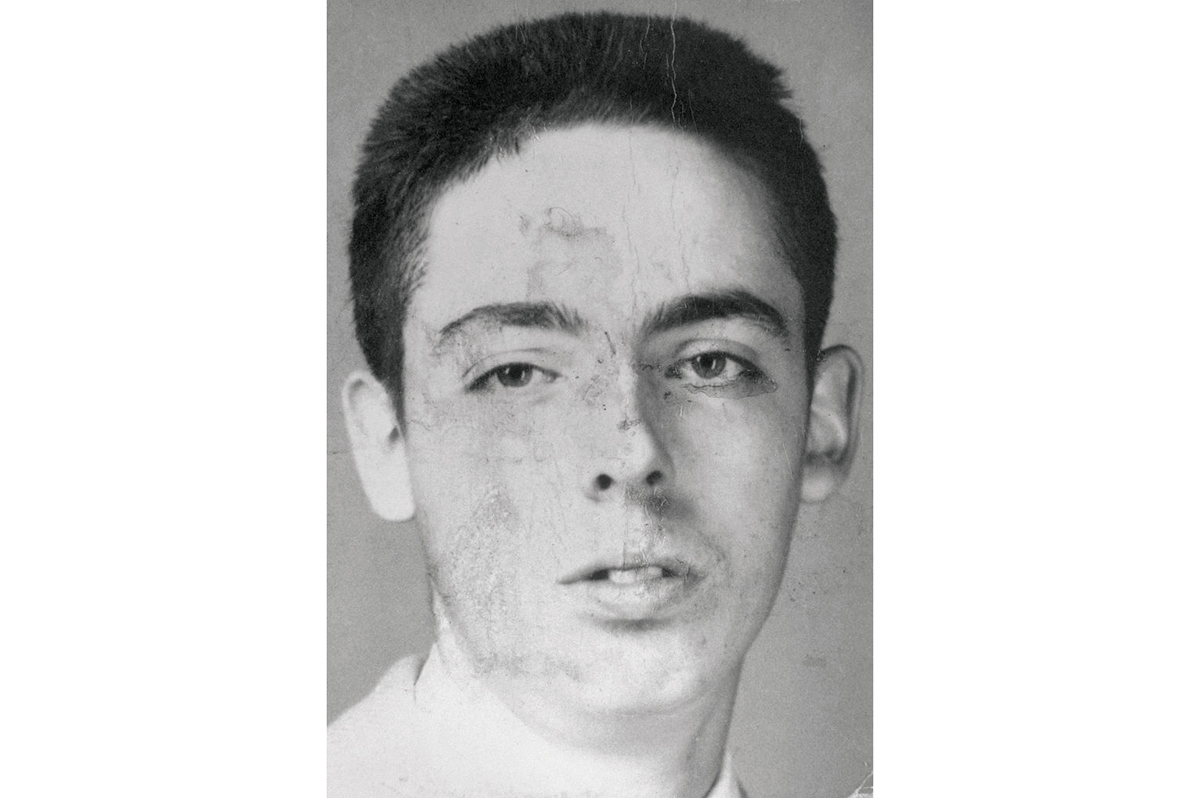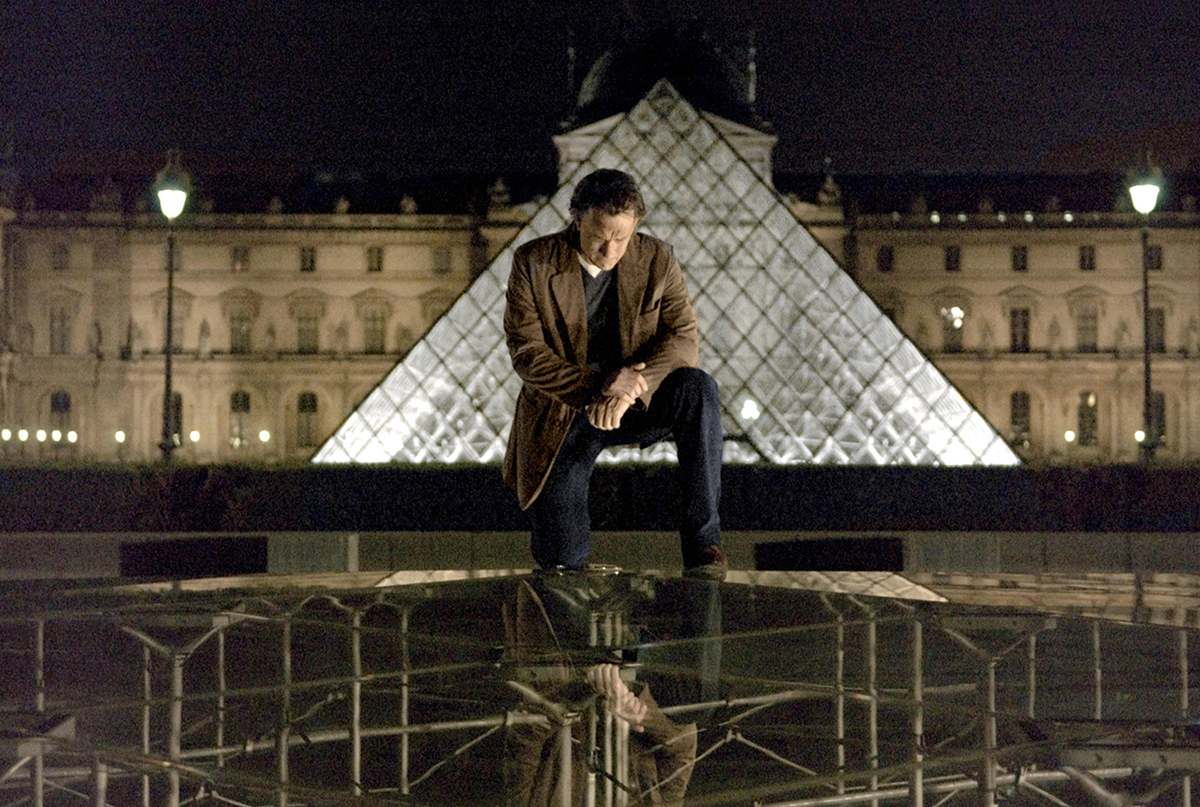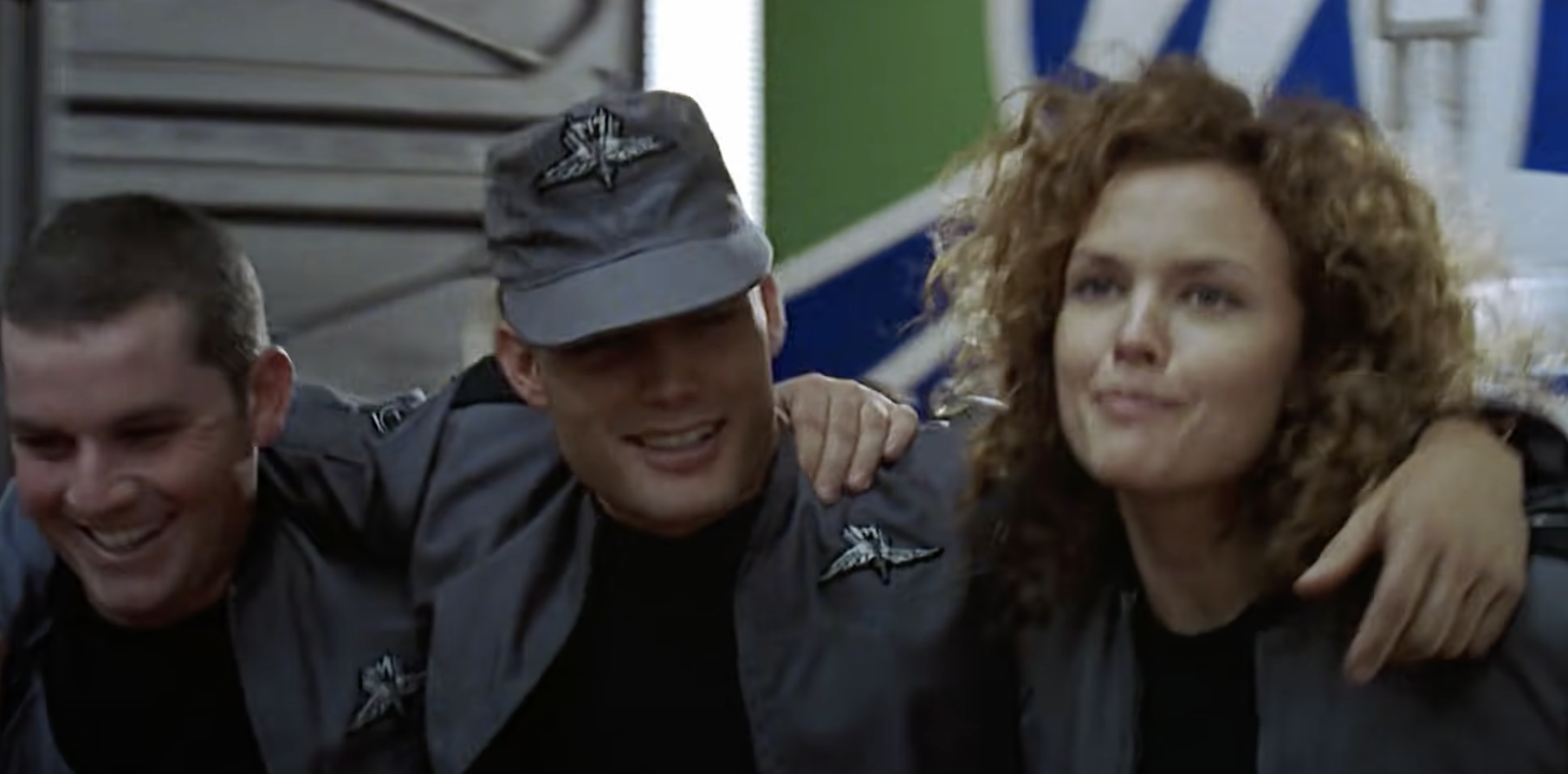There really ought to be a word to describe the dispiriting realization that a great writer has slipped through our fingers without the culture at large ever quite appreciating what’s been lost.
The novelist Christopher Priest, who died earlier this year of cancer at the age of eighty, was one such figure. It would be glib to describe him as the nearly-man of English fiction, for this wasn’t quite the case — instead his career represented a sequence of missed opportunities for the world beyond his chosen genre to recognize his skill and quiet profundity.
In some ways, the early part of his publication history closely resembles that of J.G. Ballard without the mid-career renaissance Ballard enjoyed. Priest was regarded at first as a writer of science fiction, a type of narrative which he always loved and which, unlike some of his peers, he never repudiated for the sake of convenience.
His early novels — 1970’s Indoctrinaire, 1972’s Fugue for a Darkening Island and 1974’s The Inverted World — present the reader with universes in various states of ruin and upheaval. Even in these initial pieces, his talents are self-evident. As a prose stylist, the best of his lean, thoughtful sentences remain on a par with those of Ian McEwan or Zadie Smith: “The very act of describing my secrets might indeed be construed as a betrayal of myself, except of course that I am an illusionist.”
This gift was recognized in 1983 when, Priest was named on the Granta list of Best Young Novelists, (“young,” in the literary world, being “under forty”), alongside Martin Amis, Ishiguro, Rushdie and more. Yet this acknowledgment seemed not to lead to mainstream acceptance. Just three years after he received this nod, Priest found himself writing, for reasons of financial necessity, two paperback movie novelizations: of Neil Jordan’s Mona Lisa and the robot-based comedy Short Circuit. His choice of pen names for these pseudonymous projects sound like characters from his own stories: John Luther Novak and Colin Wedgelock. As late as 1999, he was still engaged in such hireling work as he novelized David Cronenberg’s eXistenZ, albeit under his real name.
Other dalliances with the commercial were less successful. In the mid-1980s, he was invited to contribute a serial to Doctor Who. Although he wrote outlines for a variety of possible stories, they were never taken beyond an acrimonious period of development. Priest spoke of that experience in later life with a shrug and a roll of the eyes, but it’s unsurprising that his talents were an uneasy fit for the demands of franchise television. His work is too elusive, too uncanny in the best sense. His true genius was to deploy a trope of the sci-fi genre in some wildly inventive way, and in the process to forge a new, scintillating metaphor for an element of the human condition.
This is discernible in his novel The Glamour (1984) in which he uses the conceit of invisibility to dramatize the queasy hold a prior relationship can have over a present one. In The Separation (2002) he examines the psychic effects of World War Two on a British family via a cunning, dreamlike deployment of parallel universe theory. His skill is perhaps most clearly on display in his masterpiece, 1995’s The Prestige: a period drama about dueling stage conjurers that contains at its core a dramatization of the struggle to accept the limitations of the self.
Christopher Nolan’s 2006 film version of The Prestige (which fractures Priest’s careful chronology and disregards a present-day framing sequence altogether) ought to have brought the novel, and Priest’s oeuvre in general, to a much wider audience. Yet the director was not eager for the book to acquire new readers in case it blew the surprises of the movie. There were no set visits from Priest, no photographs of him smiling alongside the film’s stars Christian Bale, Hugh Jackman, Scarlett Johansson and Michael Caine. Critical reception of the picture concentrated on its place in Nolan’s body of work (alongside Oppenheimer, it’s probably his best) not Priest’s. It felt like another missed opportunity, inadvertently fumbled.
Priest continued to work and publish almost up to his death. His last novel, 2023’s Airside, is set in a kind of liminal space, accessible only via air travel. Upon his passing, obituaries (with the exception of the Guardian’s tribute by his friend John Clute) were distinctly scarce — certainly in comparison to those for Martin Amis, who died the previous year, almost a decade Priest’s junior.
Priest’s was a voice which never quite fit (or at least never for very long) in any segment of his professional life. In some ways, he was too literary a writer for the SF audience while also being too upfront in his treatment of genre to be lionized by the mainstream. His refusal to compromise, his in-person air of world-weary grouchiness and his lack of willingness to tack toward a general audience all kept him at arm’s length. Still, much of his work remains in print and all of it is worth reading (with the possible exception of those big-screen novelizations). We can but hope that Priest still gets his day, and his due, even if he is no longer here to relish it.
This article was originally published in The Spectator’s June 2024 World edition.























Leave a Reply